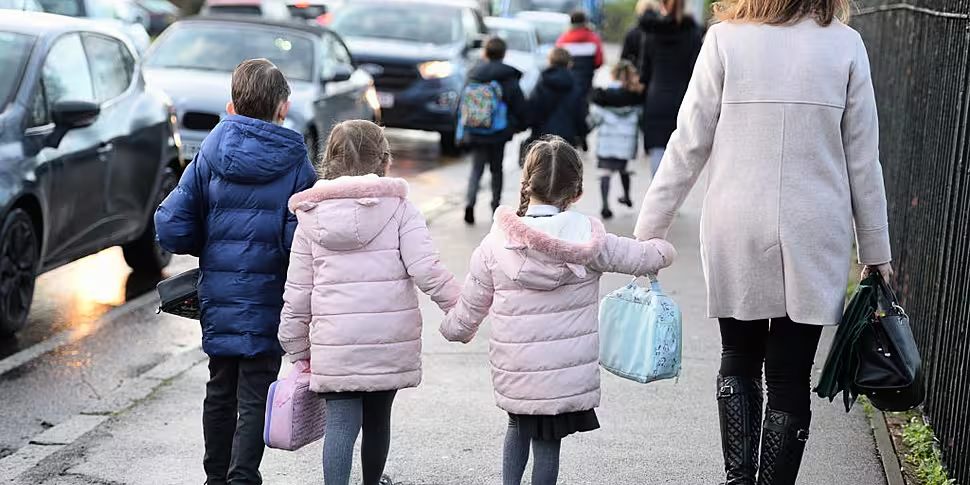There is a call for the State to encourage people to have more children.
Sunday Times columnist David Quinn says without pro-natal policies, Ireland will be top-heavy with elderly dependents by 2050.
He told Newstalk Breakfast the Government should look at housing and tax.
"The Irish Fiscal Advisory Council came up with a report a few days ago, showing that by mid-century 2050 - so 30 years into the future - the number of retired people would have doubled from 14% of the population to 27%.
"And so you have a diminishing percentage of young people having to look after - through tax and through other things - a fast increasing number of retired people.
"That's something to be looked at incredibly closely.
"And one of the things you've got to consider is how do we fix the age ratio?
"And one of those is to help people to have the number of children they want.
"The OECD does surveys about this kind of thing, and discovers actually that families are having fewer children than they'd like because they can't afford it".
"This was a big issue during the election... affordable housing is obviously a big thing because housing for many, particularly young families, has become affordable.
"We need to look at what other countries are doing and see what works.
"In Hungary, for example, if you get to four children you pay no more income tax, they give very generous loans to families who want to buy houses, buy cars - they're also increasing the amount of money given to childcare.
"By the way, none of this may actually work - because maybe there's some way we structurally set up our economies, and also people marrying very late, may mean that we find it incredibly difficult to do something about the fertility rate.
"But if we don't, we face inevitable and rapid ageing, and it is young people that it would impact on most severely".
On trends suggesting over-population, as well as concerns over climate change, he said: "If we even manage to get the birth rate to replacement rate - so that is two people effectively replace themselves - at the moment it's gone below replacement rate.
"As the years roll on and we de-carbonise the economy, then the carbon footprint of each individual will reduce.
"But the people above all who need to have this debate are younger people, because they're the ones who are going to be most impacted".









